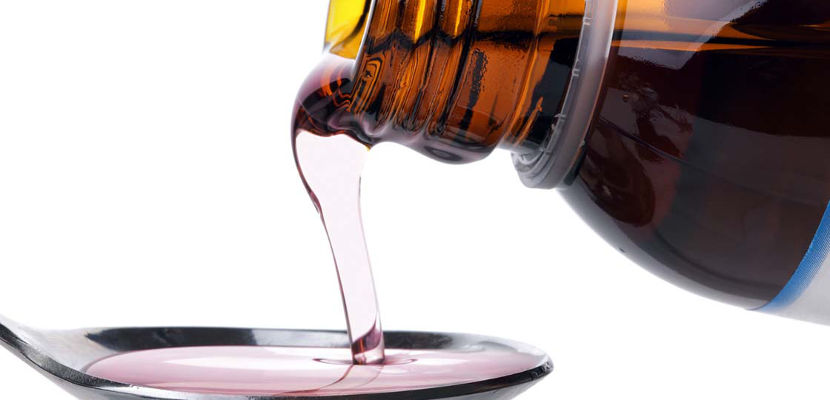
In Spain, the Spanish Agency for Medicines and Health Products (AEMPS), dependent on the Ministry of Health, has decided ban the use of codeine for cough in under 12 years old and also during Breastfeeding since health risks have been detected in certain patients and, furthermore, there is no scientific evidence that codeine is really effective in catarrhal processes. It has also recommended that those under 18 years of age avoid taking these medications if they have respiratory problems.
But what is this about now? I'll tell you everything below.
La codeine is a derived from opium. This opioid is authorized for the symptomatic treatment of mild to moderate pain intensity and unproductive cough, and was also used to treat cough associated with catarrhal processes in children.
The investigations
In 2013, the European Pharmacovigilance Risk Assessment Committee (PRAC) carried out a review about the benefit-risk ratio of codeine medicines used for the treatment of pain in the pediatric population, after having known several serious cases, some of them fatal, of children who had suffered morphine intoxication after having received codeine as an analgesic. These cases occurred because the pharmacological effect of codeine It is due to its transformation into morphine by the cytochrome P2 enzyme CYP6D450, and some people are genetically ultra-rapid metabolisers and therefore transform codeine into morphine more rapidly. The percentage of patients affected by this rapid metabolism is variable and depends on ethnic origin, but it makes these patients more likely to present morphine intoxication.
As a result of this investigation, another evaluation of the risks detected was initiated that could be extrapolated to the use of codeine for the treatment of cough associated with catarrhal processes in pediatric population. This is how little scientific evidence has been found to support the use of codeine for the treatment of cough associated with catarrhal processes in children.
Codeine ban
Although the morphine poisoning can occur at any age, children under 12 years of age are at increased risk of adverse reactions after administration of codeine. These reactions can be especially serious in the case of ultra-rapid metabolisers. This risk is also applicable to those patients who, regardless of age, have respiratory problems due to other pathologies.
The fact is that Health has decided that the therapeutic treatment of chronic cough in children should preferably be etiological, and that the use of drugs with codeine should be restricted in children under 12 years of age and in patients who are ultra-rapid metabolizers. In addition, women are also prohibited during lactation due to the risk that the child may suffer serious adverse reactions if the mother is an ultra-rapid metabolizer.
In addition, Health advises against the use of codeine in patients 12 to 18 years of age with respiratory problems such as those suffering from neuromuscular disorders, severe respiratory or cardiac pathology, lung infections, multiple trauma or patients who have undergone extensive surgical procedures.
Currently the information from the AEMPS Pharmacoepidemiological Research Database (BIFAP) of the AEMPS indicates that the use of codeine in children between 2 and 11 years of age is mainly as an antitussive, being practically non-existent in children under 2 years of age.
Medicines containing codeine
The most common codeine medications marketed in Spain are the following:
codeisan
- Codeine syrup calms or eliminates moderate pain (analgesic effect) and also calms coughs (antitussive).
- This medicine is used in the short-term treatment of moderate pain in patients older than 12 years of age and other pain relievers, such as paracetamol and ibuprofen, are not considered suitable.
- It is also used for the symptomatic treatment of cough without secretions.
Tosein
- It is an antitussive agent, both in acute and chronic respiratory conditions, which makes it possible to suppress persistent coughing spells, typical of certain diseases of the respiratory system.
- It also has a moderate analgesic and mild sedative effect.
Histaverin
- It is medicine for unproductive cough, dry, irritating cough and night cough.
- Due to its composition, it should be administered with caution in the elderly and weakened patients with impaired liver, heart or kidney functions, as well as in cases of hypothyroidism, prostatic hypertrophy, chronic ulcerative colitis and diseases that cause decreased respiratory capacity.